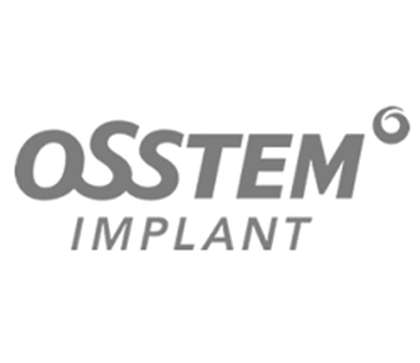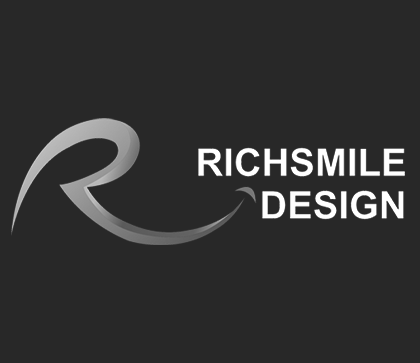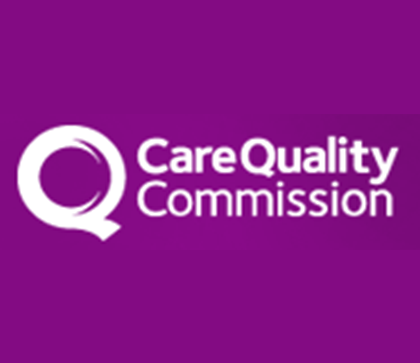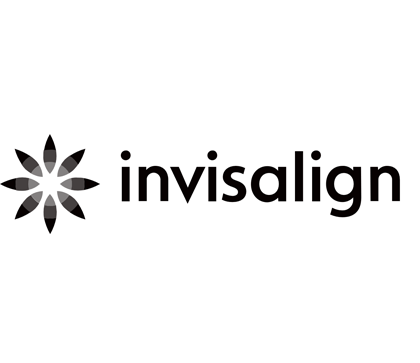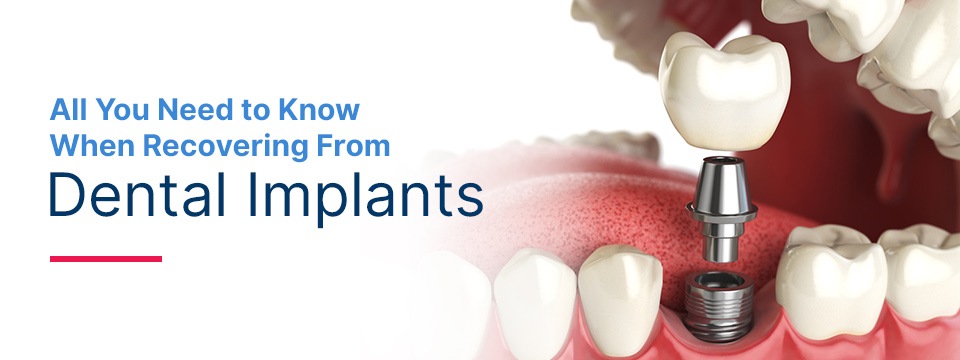
home care after dental implant surgery
March 2, 2022
home care after dental implant surgery
In this blog, we’re going to cover what dental implants post-surgery care is. Dental implants are becoming a much more common procedure, and although it sounds like a pretty invasive procedure, dentists are getting much more efficient, carrying across techniques from keyhole surgery.
Before we get into dental implant care after surgery we wanted to give a little more information about dental implants, which are considered the best treatment for missing teeth.
How does an implant work?
I want to reassure you that the following procedure will always be carried out under local anaesthetic so you shouldn’t feel any pain, but you may feel some pressure changes. A titanium or titanium alloy post ( which looks a lot like a screw) is placed into the jaw bone, a small incision will be made into the gum tissue to allow this. Your dentist will patch you up after this and you will need to wait 6 weeks to 6 months to allow your bone to fully heal around the implant. The length of time required for healing will depend on your health and circumstance. The trouble with placing the ‘prosthetic’ or the crown too early, is that the bone may be unable to support the weight at that time in healing and the implant could fall out.
How much are dental implants?
For most people, the cost of treatment is considered massively when deciding to go ahead or not. Dental Implants do vary in cost depending on the location of the dentist and their experience. A single tooth implant cost can be anywhere from £1500 per tooth. The dental implant cost may be reduced if you are opting for multiple implants for example if you are having an all-on-4 dental implant treatment, but this will depend entirely on your dentist. When looking for a dentist to carry out this procedure, take into account their experience, reviews and the price, but you can be assured that the rough average cost of dental implants is £2000. You can discuss payment options with your dentist, many will spread up to 5 years, allowing you time to make the repayments through a secure finance company.
In many people’s pursuit to find affordable dental implants, they end up having dental implants abroad. This is not necessarily a bad idea, you just need to do thorough research. You need to ensure that you’re after-treatment is in the country where you’re based and you will be supported after the treatment. If you do want to look for tourism options we suggest finding a UK-based dental practice that has a tourism link for their patients, ensuring that you will be looked after by the same dentist/practice the entire way through your treatment. Remember cheap dental implants are not always the answer.
Anyway, that’s enough about the pre-treatment of implants, let’s get back to our main focus which is aftercare.
Why is dental implant aftercare so important?
It is really important for healing that you do not dislodge the blood clot that has formed around the implant site as this can slow healing. Also like any small operation, there is a risk of infection so it is key that you follow the correct aftercare steps to reduce the chance of infection.
Dental implants post-surgery care
1. Physical activity
Avoid physical activity on the day of and the day after your surgery. Physical exertion can cause throbbing and this may cause bleeding or disruption to the site. Our advice is that you take it easy the day of and for a couple of days after your implant surgery.
2. How to protect the implant site
Avoid things like sucking a straw, spitting or washing your mouth out with water, these can cause pressure in your mouth or even pull the blood clot out of the site. It is also highly recommended that if you are a smoker you avoid smoking, especially on the day of your surgery.
3. Oral Hygiene
As always oral hygiene is essential, but whilst you have a healing implant site it is even more important. Your dentist will likely recommend a suitable mouthwash and or salt water to use around 5 times a day. We must stress that you should only rinse your mouth carefully without aggressively swirling the liquid in your mouth. As detailed in the earlier point, aggressively using mouthwash or salt water can cause the blood clot to become dislodged or impact the healing process.
4. Antibiotics and pain relief
Your dentist will likely give you antibiotics before you start the implant surgery and then will give you a prescription to carry on the course of antibiotics. This is to help to prevent infection, if you are given antibiotics make sure you finish the prescribed course. Your dentist will advise you on what pain relief you should be taking, but it is unlikely you will require anything stronger than over-the-counter pain medication.
5. Eating and drinking
Rule number one is immediately after surgery, do not eat until the local anaesthetic has worn off, this goes for hot drinks too. If you attempt to eat and drink hot drinks whilst still under local anaesthetic it can be dangerous, you may not feel yourself biting the sides of your mouth, or may even burn yourself. You should also avoid alcohol and spicy foods in the first few days. Although returning to eating your normal diet may take 7-10 days we would still encourage you to eat nourishing and healthy foods, you may just need to opt for softer foods until then. A top tip is to avoid things like popcorn or seeded fruits as part of the foods that can get trapped.
6. What to expect.
Finally, what can you expect from the healing process? It is not uncommon to experience some bleeding, however, if it doesn’t stop or you are bleeding frequently we advise consulting your dentist. At the appointment for your implant surgery, your dentist will give you an insight into what your healing will be like, and then they’ll probably book a review appointment in a week to 2 weeks which is often when your stitches can be removed. Some dentists will opt for dissolvable stitches, which will let you know the healing process.
Healthy lifestyle choices will ultimately make the healing process faster, but will also keep your teeth and implants healthy in the long term. A poor diet, smoking and alcohol consumption, will slow down the healing process, with smoking being very impactful.
The healing time will depend on the individual, it can be anywhere from 6 weeks to 6 months, factors to take into consideration are age, bone density, health and care taken.
Here Are Some Relevant Pieces You Can Read About Dental Implants
- How Long Does A Dental Implant Procedure Take
- Are Full Mouth Dental Implants A Good Idea
- Do all on four dental implants look natural?
- What Are Some Alternatives To Dental Implants
- Which Is Better All On Four Or All On Six Dental Implants
- Which Foods Should You Eat After Dental Implant Surgery
- Dental Implants How It Works And What To Expect
- 7 Questions To Ask Your Dentist Before Getting Dental Implants
- Dental Implants All You Need To Know
- Can l drink Coffee After Dental Implant Surgery
- why dental implants are the best solution for replacing-missing-teeth
- why dental implants are your best choice for missing teeth
- dental implants the ultimate msolution for missing teeth and improved jaw health
- all on 6 vs all on 4 dental implants the-full faq-guide
- dental implant failure causes prevention and treatment options

 Head Office - UK - Unit 1 B 132 Weyhill Road, Andover, Hampshire England, SP10 2PR.
Head Office - UK - Unit 1 B 132 Weyhill Road, Andover, Hampshire England, SP10 2PR. 



